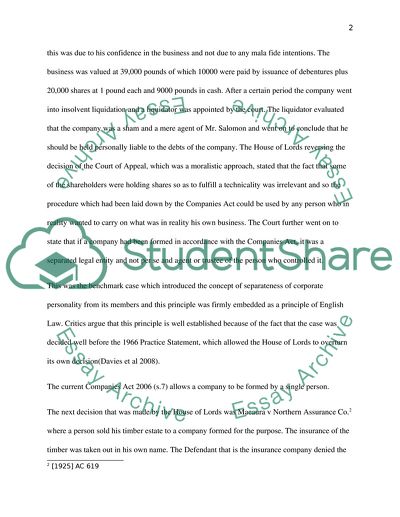Cite this document
(Limited Liability Essay Example | Topics and Well Written Essays - 1500 words, n.d.)
Limited Liability Essay Example | Topics and Well Written Essays - 1500 words. https://studentshare.org/law/1570676-business-law-corporate-personality
Limited Liability Essay Example | Topics and Well Written Essays - 1500 words. https://studentshare.org/law/1570676-business-law-corporate-personality
(Limited Liability Essay Example | Topics and Well Written Essays - 1500 Words)
Limited Liability Essay Example | Topics and Well Written Essays - 1500 Words. https://studentshare.org/law/1570676-business-law-corporate-personality.
Limited Liability Essay Example | Topics and Well Written Essays - 1500 Words. https://studentshare.org/law/1570676-business-law-corporate-personality.
“Limited Liability Essay Example | Topics and Well Written Essays - 1500 Words”. https://studentshare.org/law/1570676-business-law-corporate-personality.


